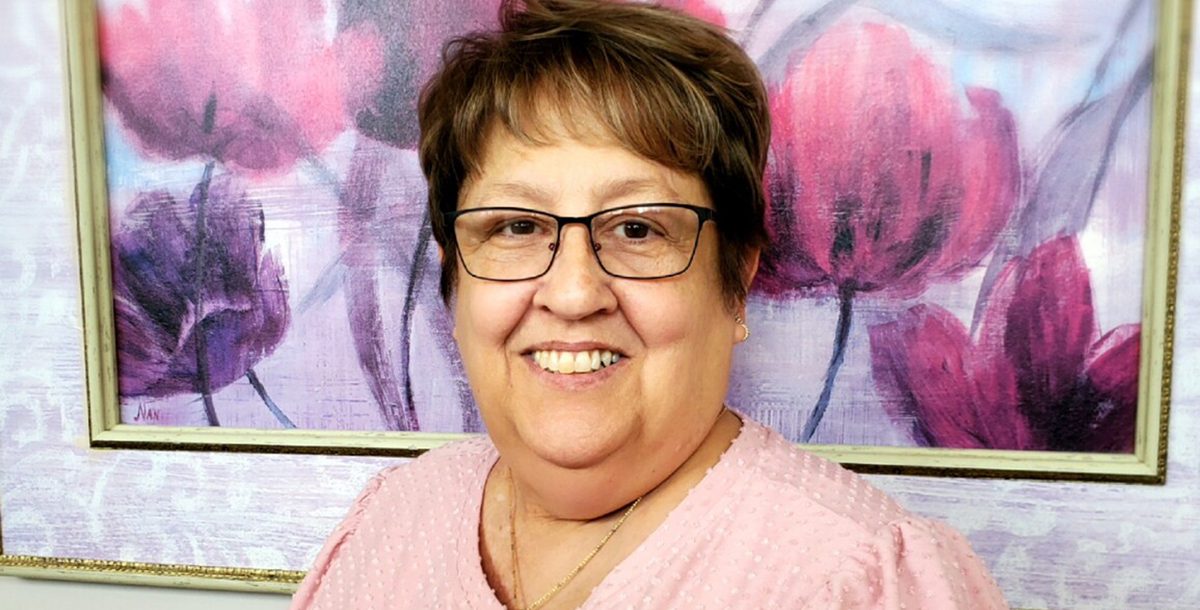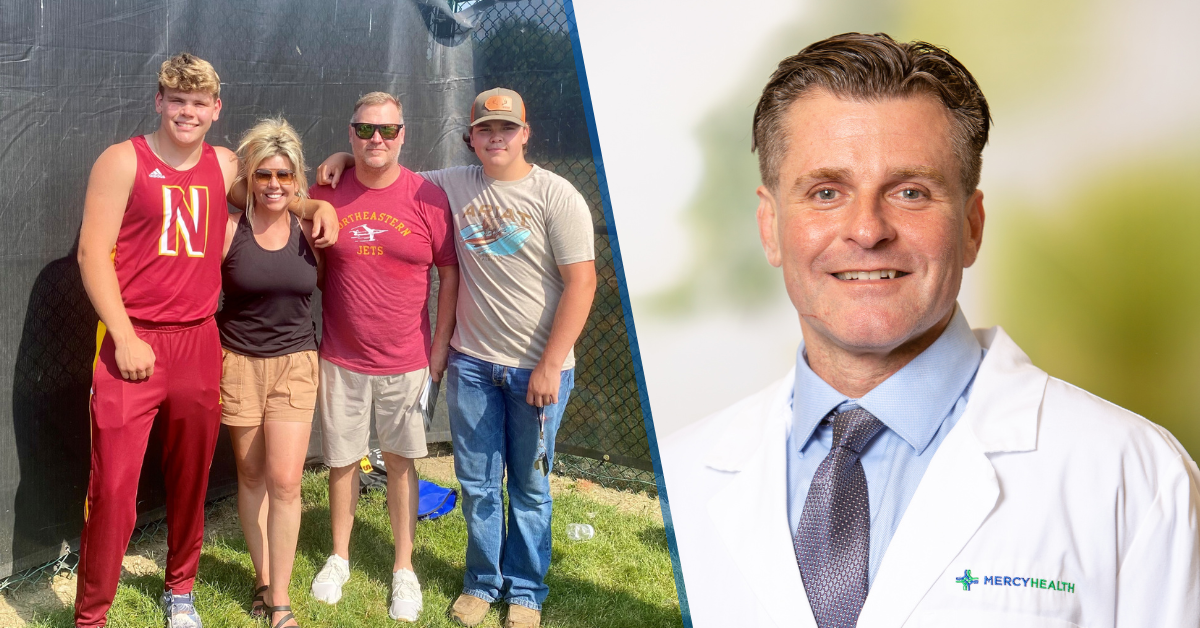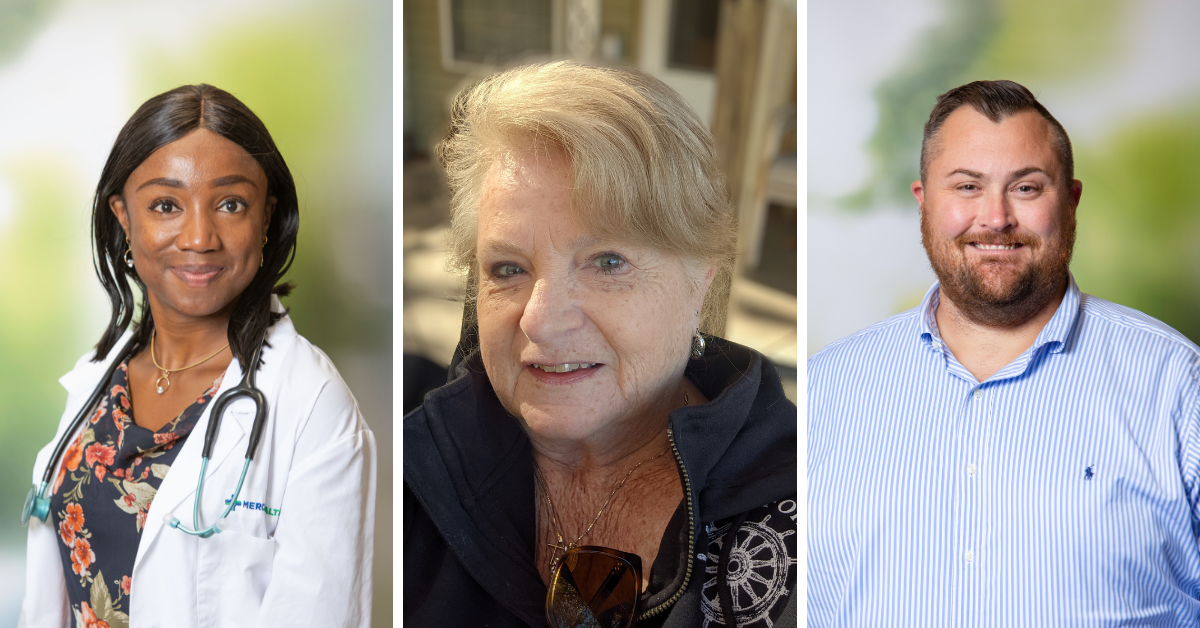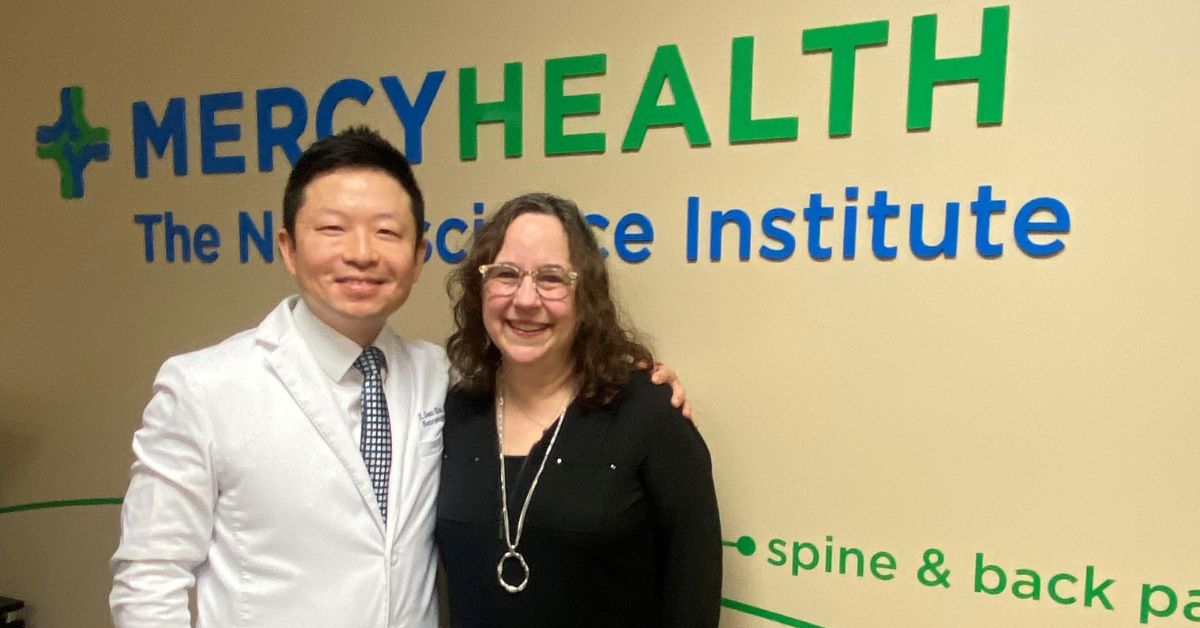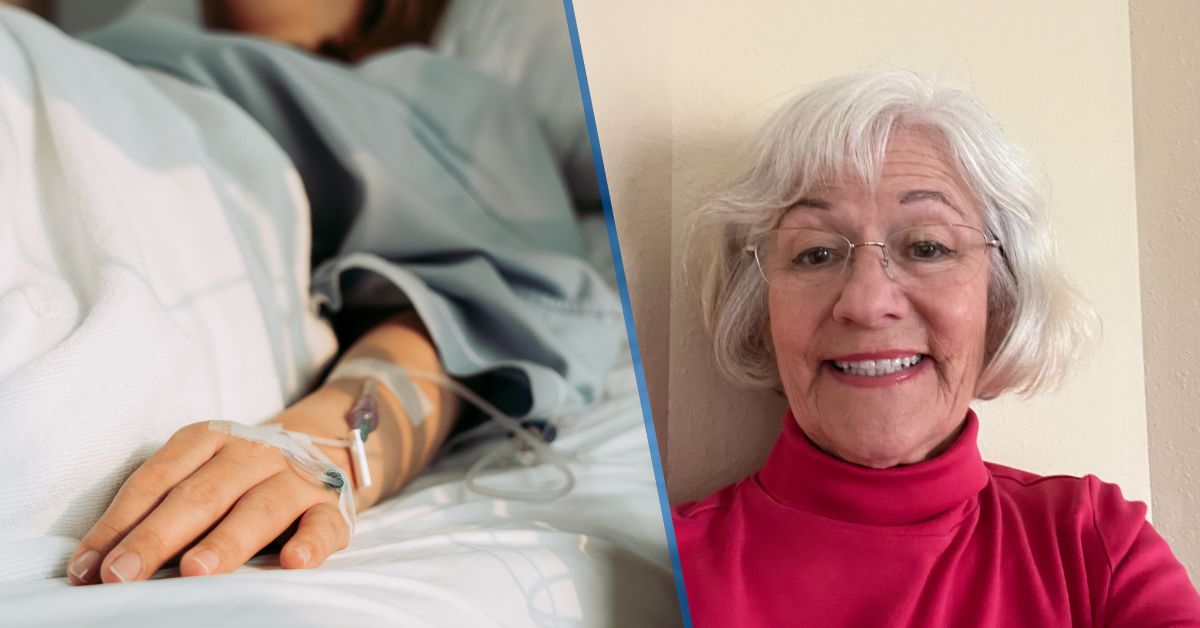Inflammatory breast cancer can often be mistaken for a rash, allergic reaction or minor infection. That’s what led Marsha DeMarco to the Mercy Health – Lorain Hospital emergency room at the end of 2018.
“It was on my neck, my shoulders, down my chest and around to my back,” she recalls. “I knew from prior experience that Mercy Health’s philosophy is to take care of the patient. So, I went to the emergency room knowing I’d at least be looked at and possibly treated despite not having health insurance.”
It was a difficult diagnosis to figure out, but the staff at the emergency room quickly figured out what was causing DeMarco’s problem.
“They did a CAT scan, came back and told me I had inflammatory breast cancer. Of course, I had never heard of it, and there was no mass or lump on my breast. You associate breast cancer with a lump. So, I didn’t believe them.”
Inflammatory breast cancer (IBC) develops when cancer cells block lymph vessels, which are hollow tubes that allow lymph fluid to drain out of the breast. The condition only accounts for 1% to 5% of all breast cancers. It also doesn’t look like a typical breast cancer, meaning it often does not cause a breast lump and may not even show up on a mammogram.
“Inflammatory breast cancers are incredibly rare and may be confused for a breast infection,” explains Mita Patel, MD, a Mercy Health breast surgeon. “It is often a physical exam and a skin biopsy that helps diagnose the disease. Marsha’s case was unusual.”
A lack of the typical symptoms wasn’t the only reason Marsha was surprised by the diagnosis.
“This was completely out of left field,” she recalls. “I always told everybody – including all the doctors – heart attacks run in my family. I actually thought that would be what would take me out, but it was the cancer diagnosis that surprised everybody.”
As it turns out, most breast cancers are not hereditary.
“There are several causes of breast cancer, and people are often under the misconception that they are not at risk if they have no family history of it. Most people who get breast cancer have no family history,” says Dr. Patel.
Unfortunately, inflammatory breast cancer also tends to be more aggressive – growing and spreading much more quickly than more common types of breast cancer. So when it came to Marsha, our doctors knew they had to act quickly and got her started on chemotherapy only about a month after her initial diagnosis.
“From what I’ve read, it takes women a long time to get the proper diagnosis. So, I’m very grateful for the decision I made to go to Mercy. I don’t think I would’ve gotten that type of care anywhere else. I made that choice to go there and I’m living because of it,” Marsha says.
It wasn’t just her quick diagnosis that has Marsha feeling grateful. Dealing with cancer can be a big adjustment, both mentally and physically. Therefore, she also appreciated the support she received from our Mercy Health team members. Marsha shares they helped guide her through the journey.
“As funny as it sounds, going through chemo, I actually looked forward to going into my treatments. They made me feel so comfortable and like they really cared for me throughout the whole thing – from beginning to end. Even going into my treatments during COVID-19, I saw no difference in the compassion that they had and how much they focused on taking care of me. Pandemic or not, they put me first.”
In addition to chemotherapy, Marsha also underwent radiation treatments and had a mastectomy. Since that surgery, she has been in remission.
Learn more about breast cancer as well as the breast cancer services we provide at Mercy


